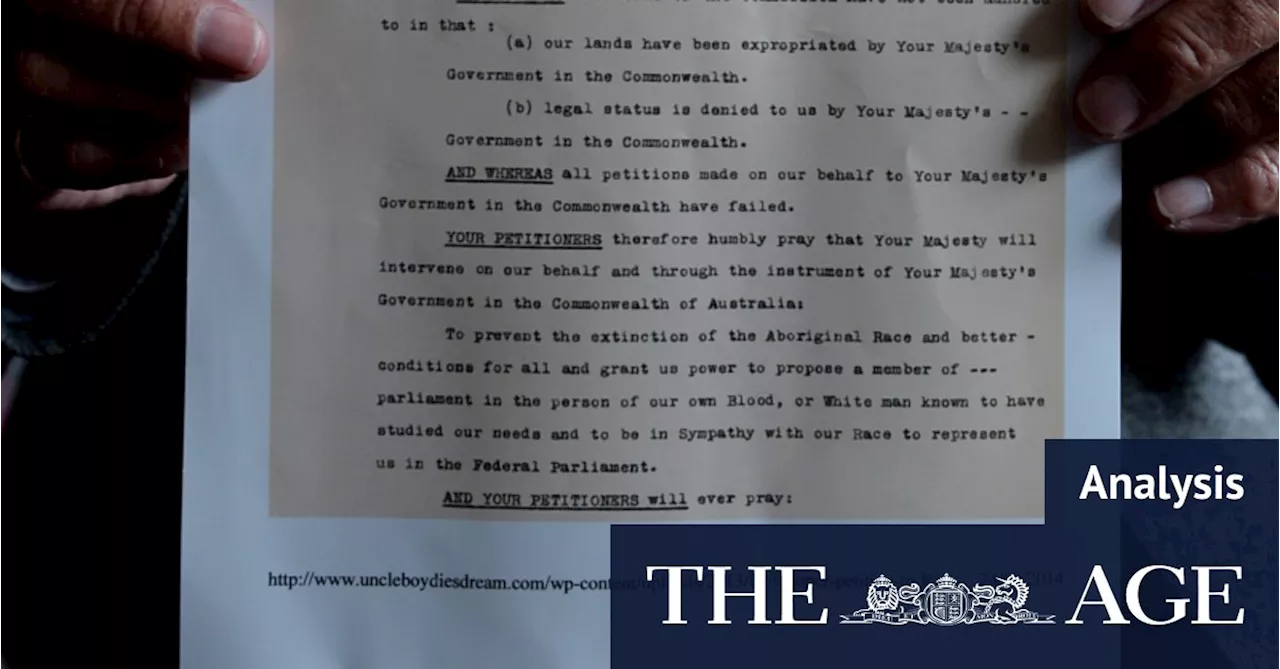A Voice to parliament is neither new nor exotic. It’s proved, however, to be a long and frustrating road for those seeking it.
Add articles to your saved list and come back to them any time.In the year 1937, William Cooper, an Indigenous man with a snowy moustache and a steady gaze, sent a petition to the Australian parliament, requesting that it be forwarded to the King.
In fact, Cooper’s petition of 87 years ago was merely the first of a number of formal approaches over many decades. Each was rebuffed in one way or another. One of the reasons the cabinet decided against forwarding Cooper’s request to the King was because, under the Constitution of the time, the federal parliament did not have the power to make a law for Aboriginal representation in parliament.
Cooper later worked all over Queensland, South Australia, NSW and Victoria labouring, shearing, droving and horse-breaking, while also living at Maloga and nearby Cummeragunja missions. The cabinet document noted rather snootily that “According to the names it is reasonable to assume that many of the signatories are not full-blooded”.“to prevent the extinction of the aboriginal race;“To afford aboriginal representation in the Federal Parliament, either by an aboriginal or a white person known to have studied the need of aboriginals and to be in sympathy with them.
More than half a century after four young Aboriginal men planted a beach umbrella opposite Canberra’s Old Parliament House, the tent embassy remains.The referendum was lost, including what appeared to be an afterthought concerning legislating for Aboriginal people. A Referendum Council was jointly appointed by then-prime minister Malcolm Turnbull and opposition leader Bill Shorten on December 7, 2015, to advise on how a successful referendum might be held to recognise Aboriginal and Torres Strait Islander peoples in the Constitution.The council chose the four principles established by the expert panel to guide its assessment of proposed models for constitutional recognition.
Australia Latest News, Australia Headlines
Similar News:You can also read news stories similar to this one that we have collected from other news sources.
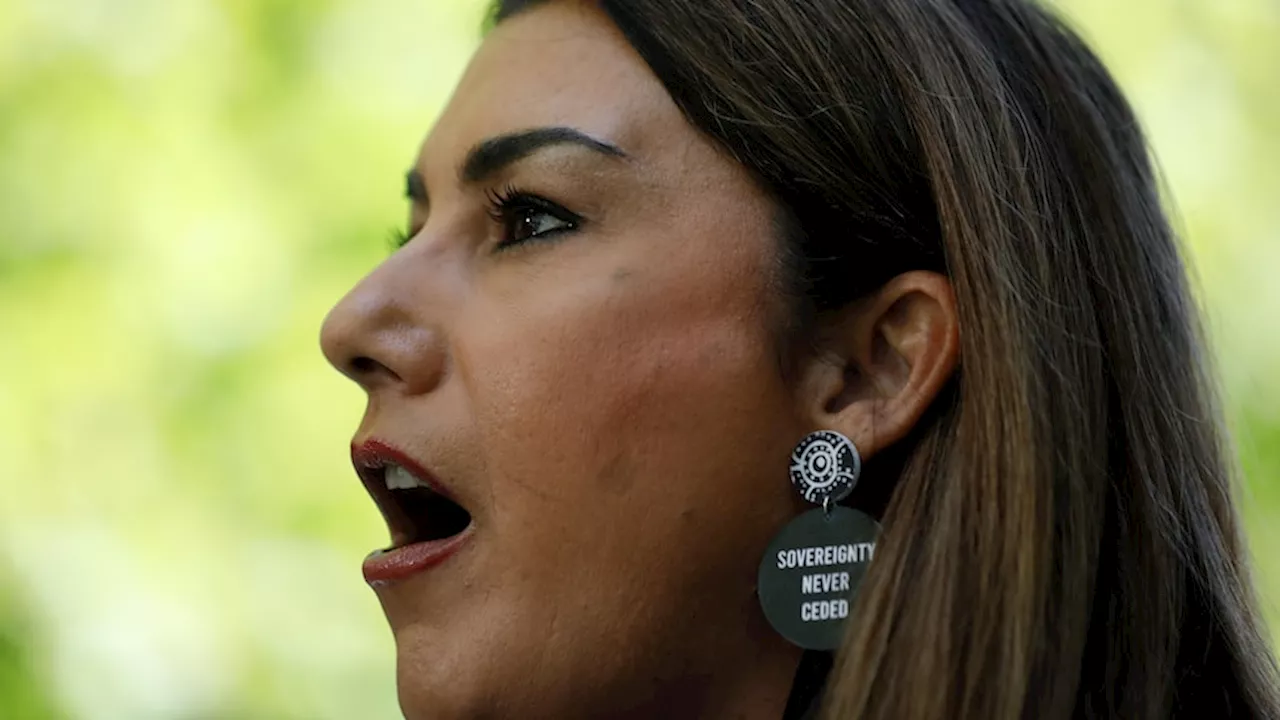 Voice opponent Lidia Thorpe says Voice should still be legislated if referendum failsLidia Thorpe, who has campaigned for a No vote in the referendum on a Voice to Parliament, says the Voice should be legislated if the referendum fails and the prime minister would be 'weak' to abandon the proposal.
Voice opponent Lidia Thorpe says Voice should still be legislated if referendum failsLidia Thorpe, who has campaigned for a No vote in the referendum on a Voice to Parliament, says the Voice should be legislated if the referendum fails and the prime minister would be 'weak' to abandon the proposal.
Read more »
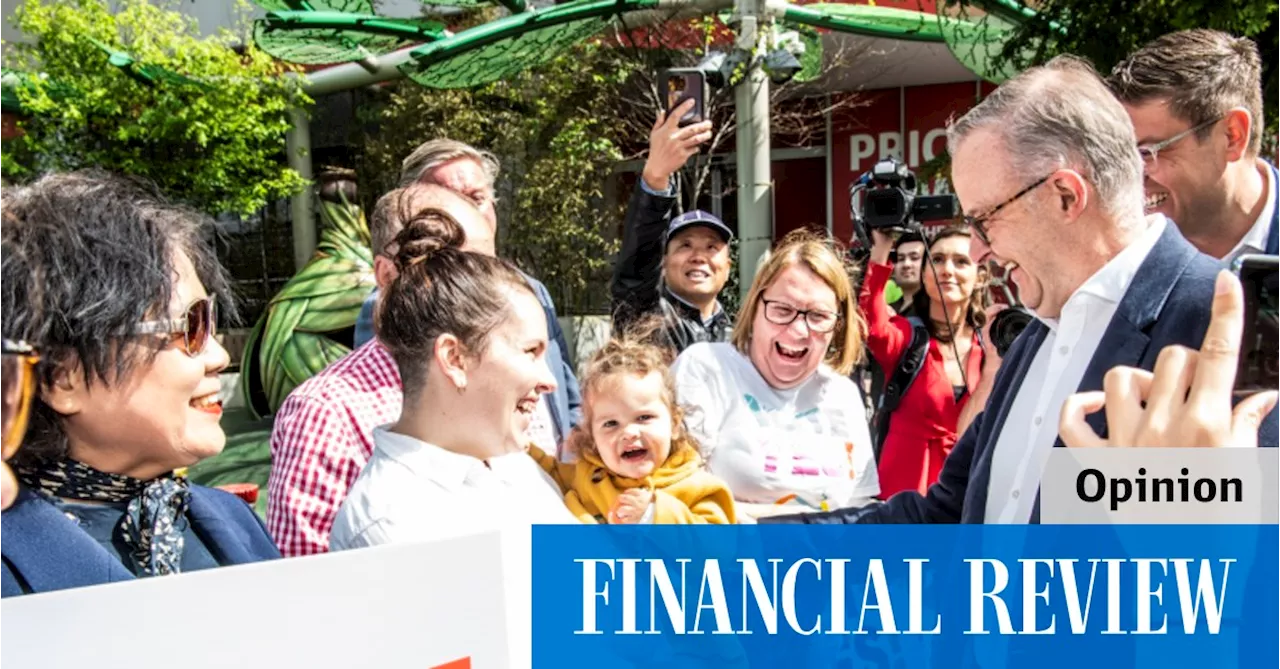 Indigenous voice to parliament: Don’t be surprised if ethnic communities vote No to the VoiceIf polls are correct about the triumph of the No vote, expect large numbers of multicultural voters to be part of the revolt against establishment bodies.
Indigenous voice to parliament: Don’t be surprised if ethnic communities vote No to the VoiceIf polls are correct about the triumph of the No vote, expect large numbers of multicultural voters to be part of the revolt against establishment bodies.
Read more »
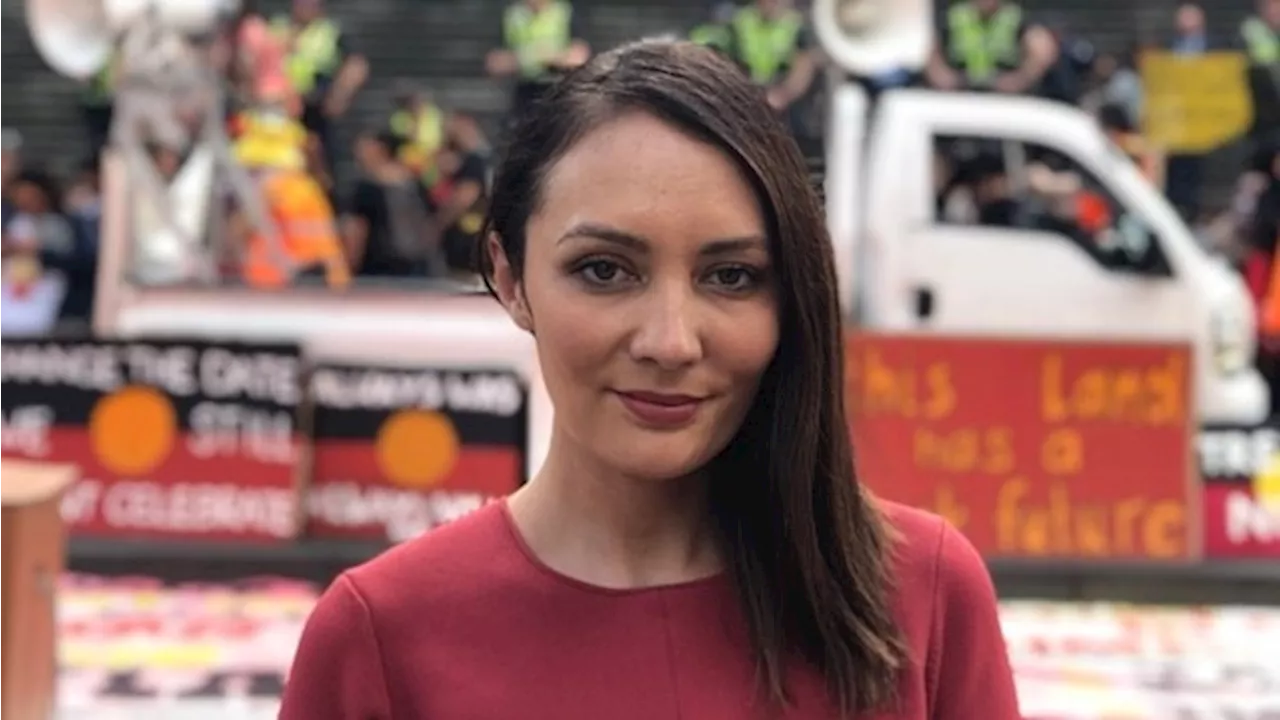 Bridget Brennan and Isabella Higgins on covering First Nations communities, friendship and the Voice referendumBack in 2017, Bridget Brennan and Isabella Higgins were the only two members of the Indigenous Reporting Team. As referendum day approaches, they reflect on how far coverage of Indigenous affairs has come and how far there is still to go.
Bridget Brennan and Isabella Higgins on covering First Nations communities, friendship and the Voice referendumBack in 2017, Bridget Brennan and Isabella Higgins were the only two members of the Indigenous Reporting Team. As referendum day approaches, they reflect on how far coverage of Indigenous affairs has come and how far there is still to go.
Read more »
 First Nations journalists brace for voice referendum coverage they can’t tap out ofIndigenous staff at the ABC say they’re proud of their work at the reporting unit but it continues to take a huge toll. Plus: The Australian wins big at News Corp’s in-house awards
First Nations journalists brace for voice referendum coverage they can’t tap out ofIndigenous staff at the ABC say they’re proud of their work at the reporting unit but it continues to take a huge toll. Plus: The Australian wins big at News Corp’s in-house awards
Read more »
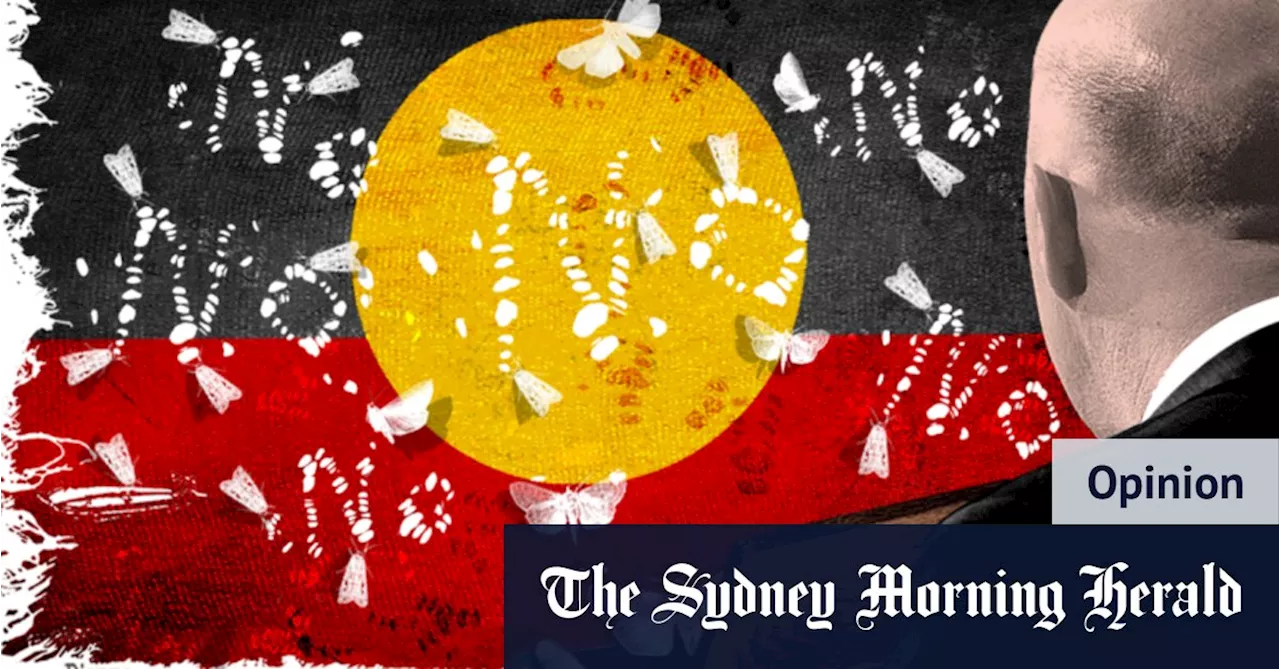 The miserable fact of The Voice: We were always destined to get to this pointThis is a defining moment for Australia. Ultimately, responsibility for the result of the referendum, and everything which delivers it, resides with us.
The miserable fact of The Voice: We were always destined to get to this pointThis is a defining moment for Australia. Ultimately, responsibility for the result of the referendum, and everything which delivers it, resides with us.
Read more »
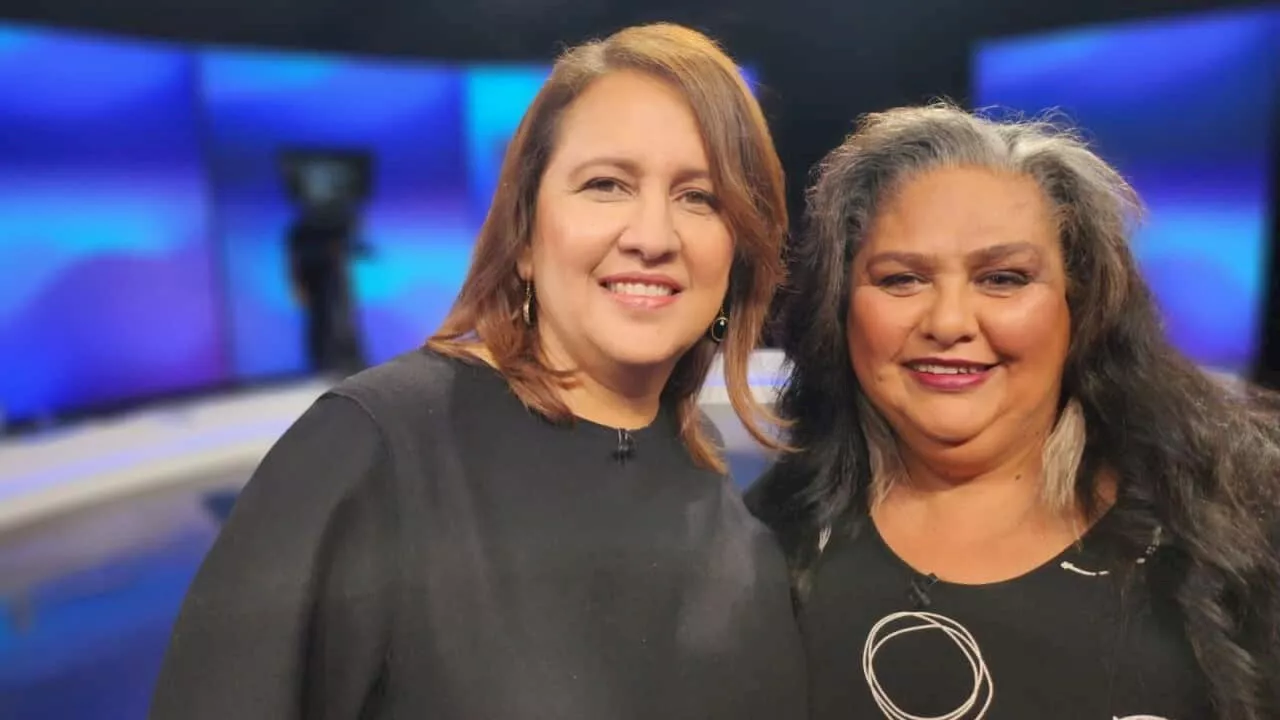 Our dinner party was cut short because of a heated Voice debateIndigenous leaders Marie Henaway and Kat Barbaric met through their businesses then forged a strong friendship. But after a dinner party discussion around the Voice to Parliament got heated, they found themselves on opposite sides.
Our dinner party was cut short because of a heated Voice debateIndigenous leaders Marie Henaway and Kat Barbaric met through their businesses then forged a strong friendship. But after a dinner party discussion around the Voice to Parliament got heated, they found themselves on opposite sides.
Read more »
